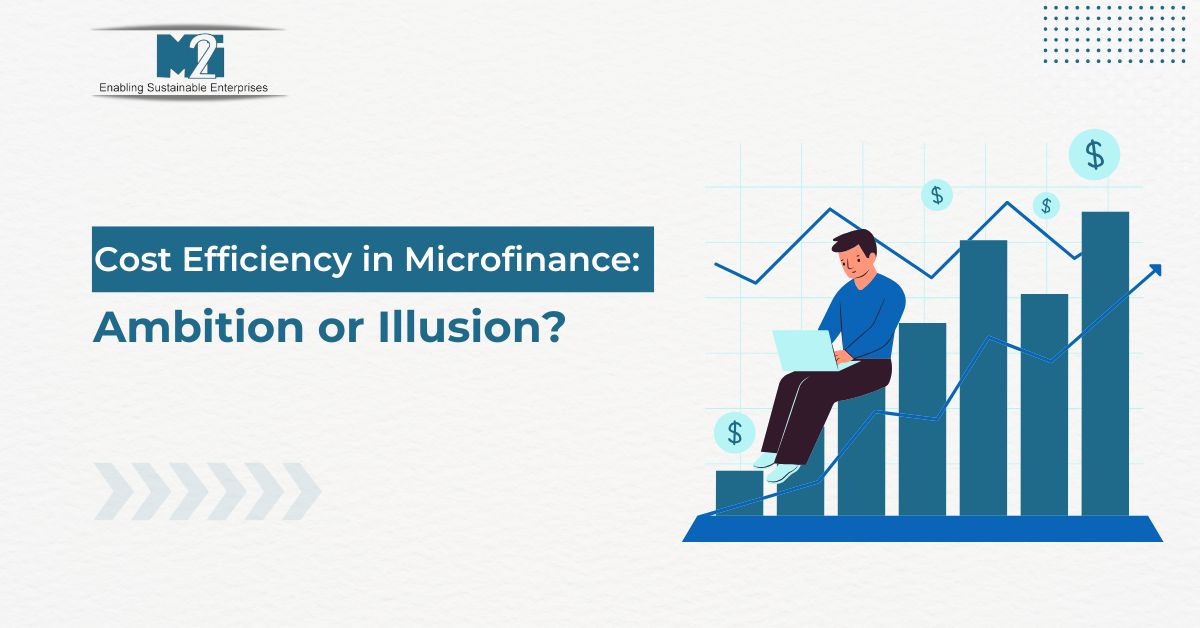
Cost Efficiency in Microfinance: Ambition or Illusion?
Cost efficiency in the microfinance sector sounds straightforward—delivering financial services at the lowest possible cost while maintaining quality. But achieving it is anything but easy. MFIs ope...
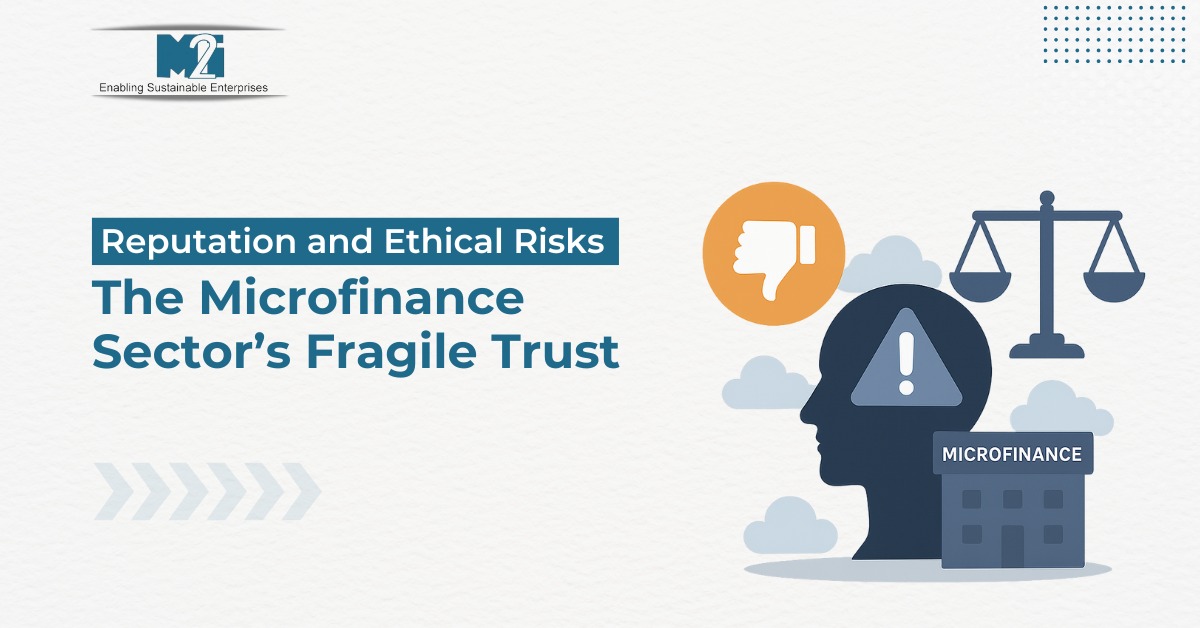
Reputation and Ethical Risks: The Microfinance Sector’s Fragile Trust
Microfinance institutions (MFIs) were founded on the promise of empowerment through credit—but when ethical boundaries are crossed, that promise quickly turns into peril. Cases of predatory lending,...
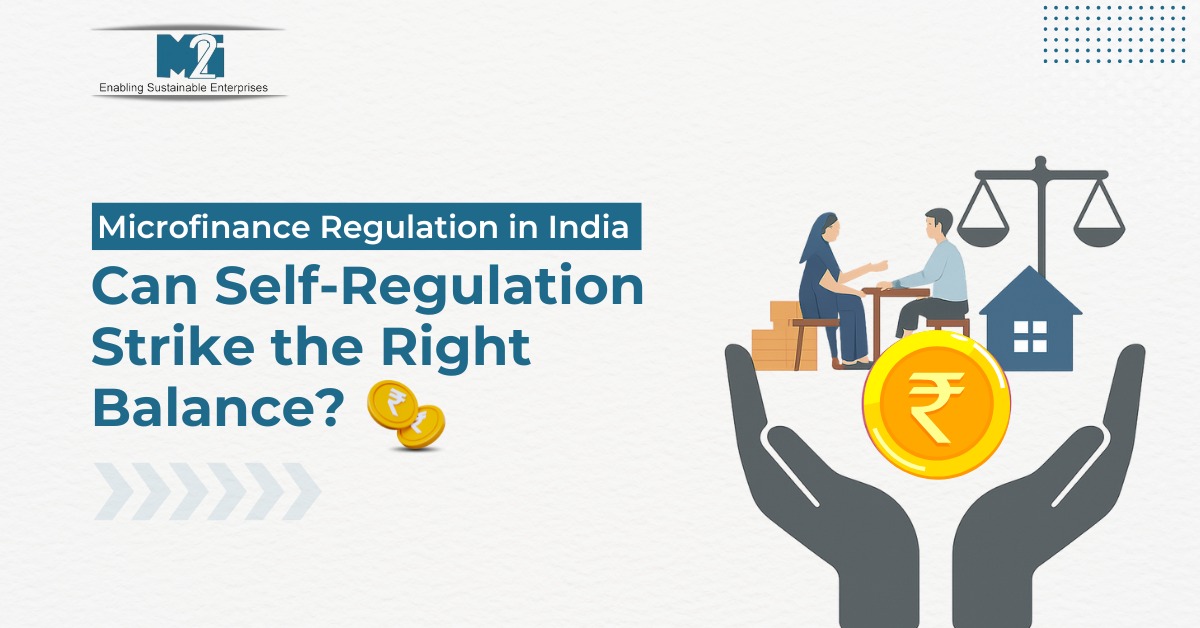
Microfinance Regulation in India: Can Self-Regulation Strike the Right Balance?
Regulating the microfinance sector has never been simple. Unlike banks or large NBFCs, MFIs operate in fragmented, high-touch, and socially sensitive markets—serving borrowers with low financial lit...
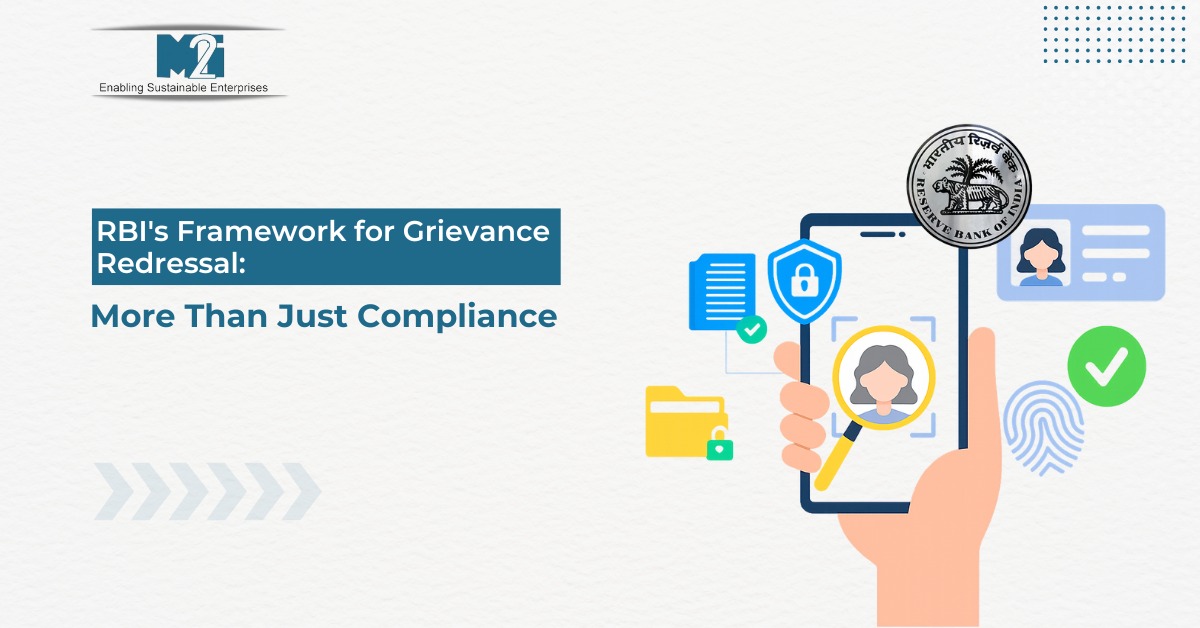
RBI's Framework for Grievance Redressal: More Than Just Compliance
In India's financial ecosystem, grievance redressal is not a checkbox—it's a cornerstone of consumer trust. The Reserve Bank of India (RBI) has consistently emphasized this through a robust ...
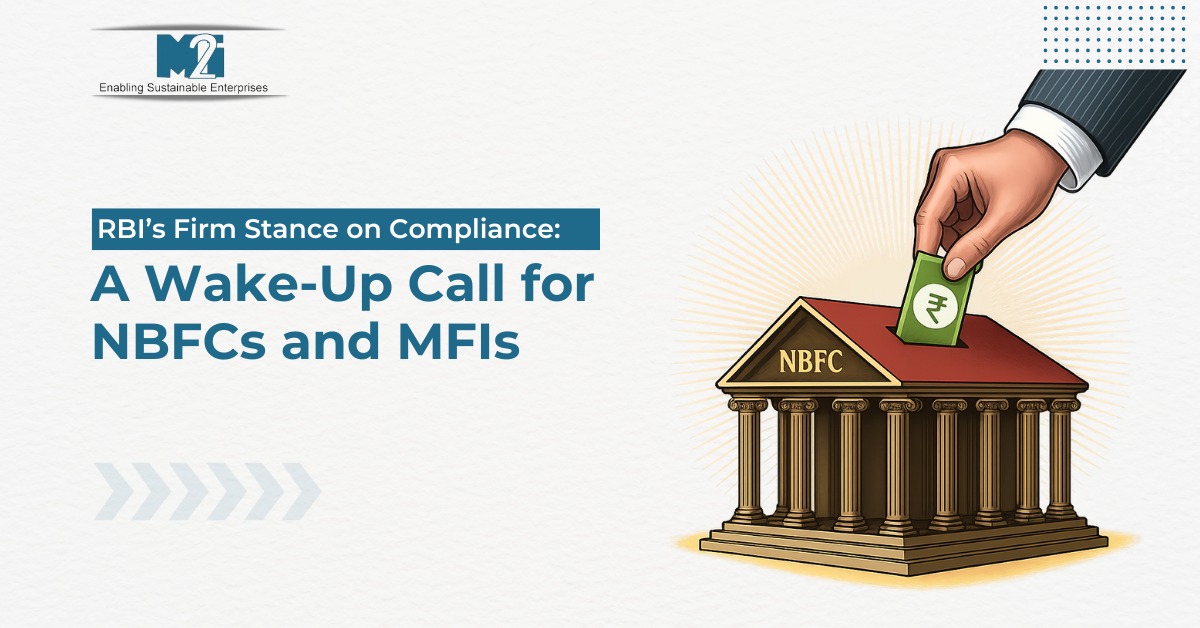
RBI’s Firm Stance on Compliance: A Wake-Up Call for NBFCs and MFIs
The Reserve Bank of India (RBI) sent a strong message in 2024—compliance in the microfinance and NBFC sectors is non-negotiable. Recent regulatory actions, including restrictions on disbursals and o...
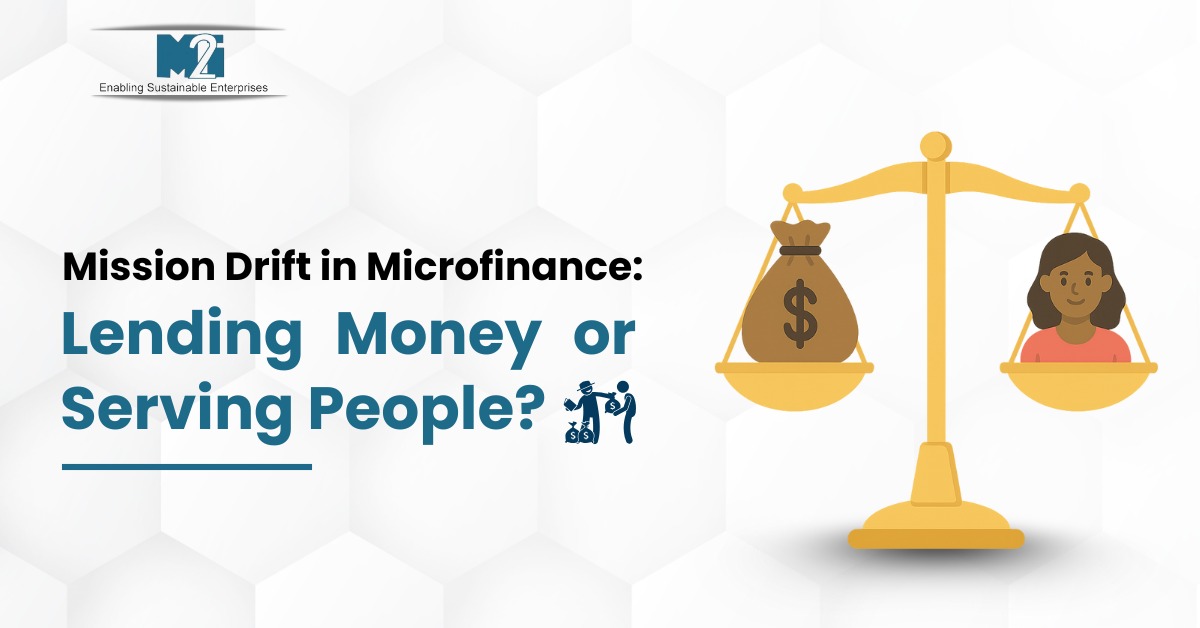
Mission Drift in Microfinance: Lending Money or Serving People?
Microfinance was born with a clear purpose—financial inclusion for the poor, especially women, who were excluded from formal banking. It promised empowerment through access to credit, enabling micro...
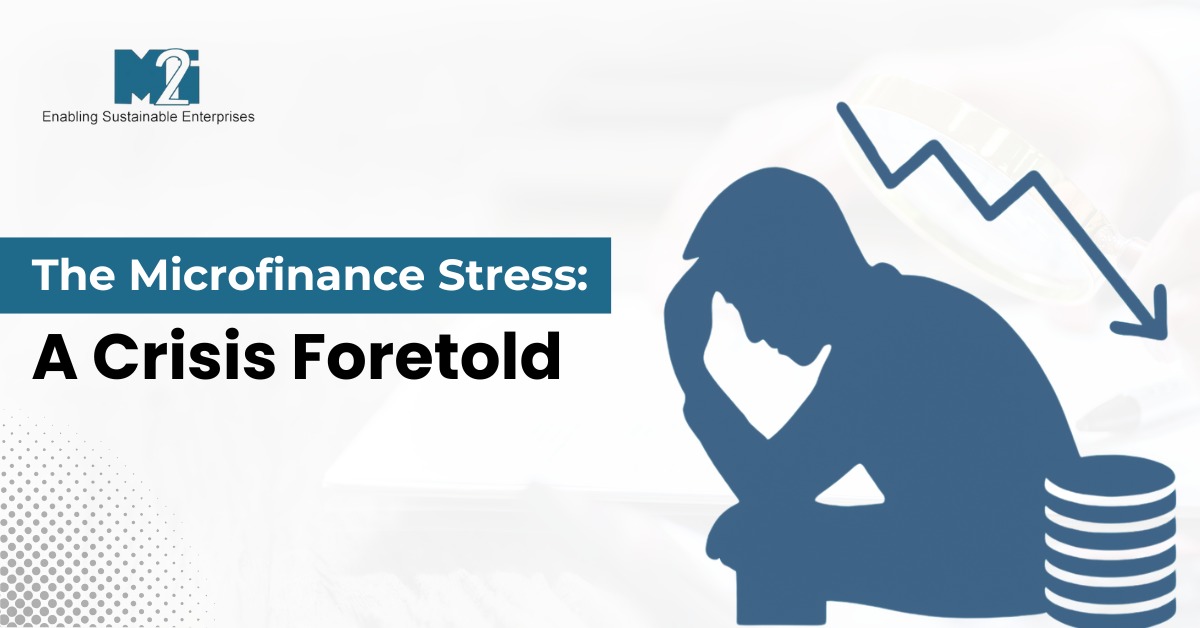
The Microfinance Stress: A Crisis Foretold
The recent surge in microfinance stress was not a bolt from the blue—it was anticipated by many who closely watch the sector. Between April and September 2023, stress levels in microfinance doubled,...
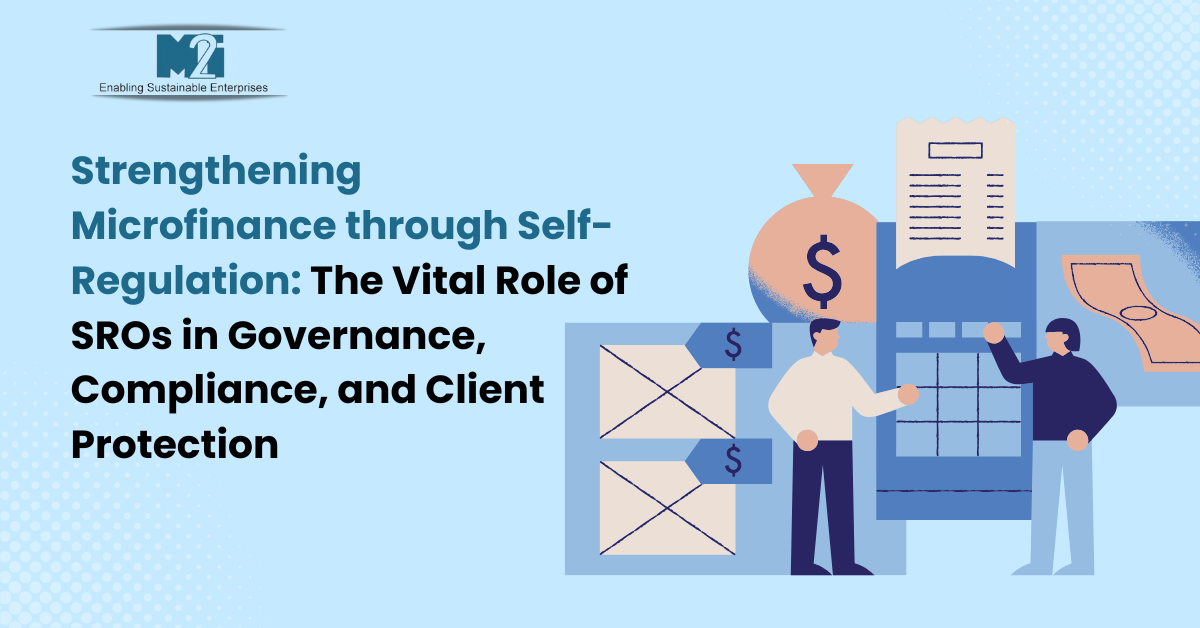
Strengthening Microfinance through Self-Regulation: The Vital Role of SROs in Governance, Compliance, and Client Protection
The microfinance sector is essential for financial inclusion, offering credit, savings, insurance, and other financial services to underserved populations. However, as the sector grows, challenges suc...
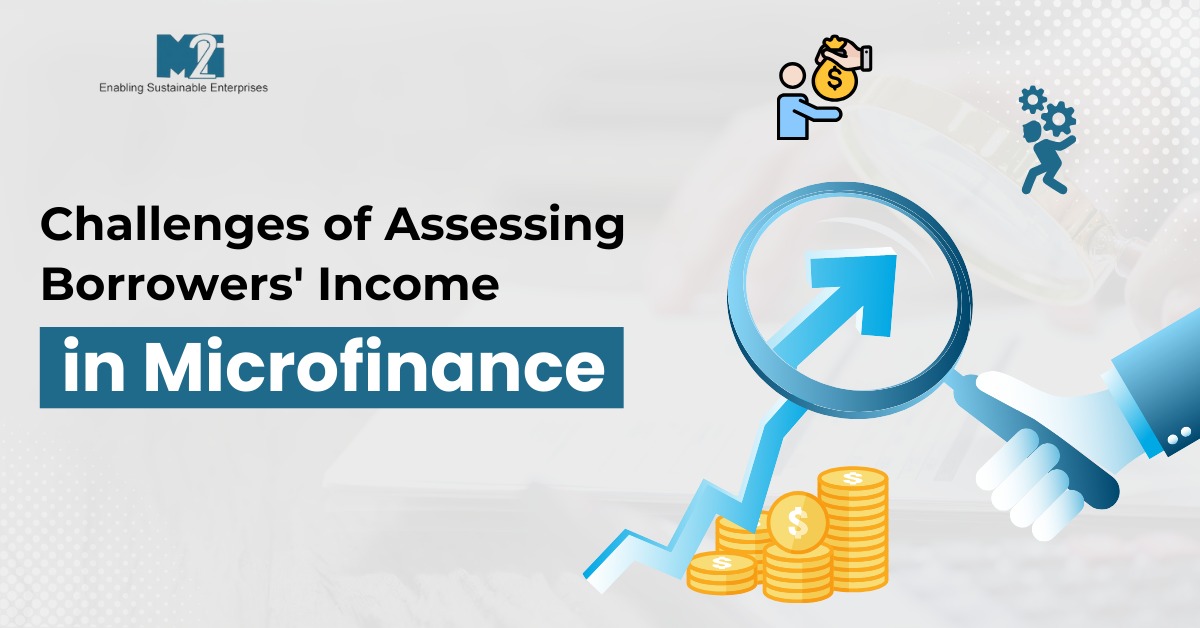
Challenges of Assessing Borrowers' Income in Microfinance
In the microfinance sector, accurately assessing a borrower’s income is critical for ensuring responsible lending, preventing over-indebtedness, and fostering sustainable growth. Yet, given the natu...
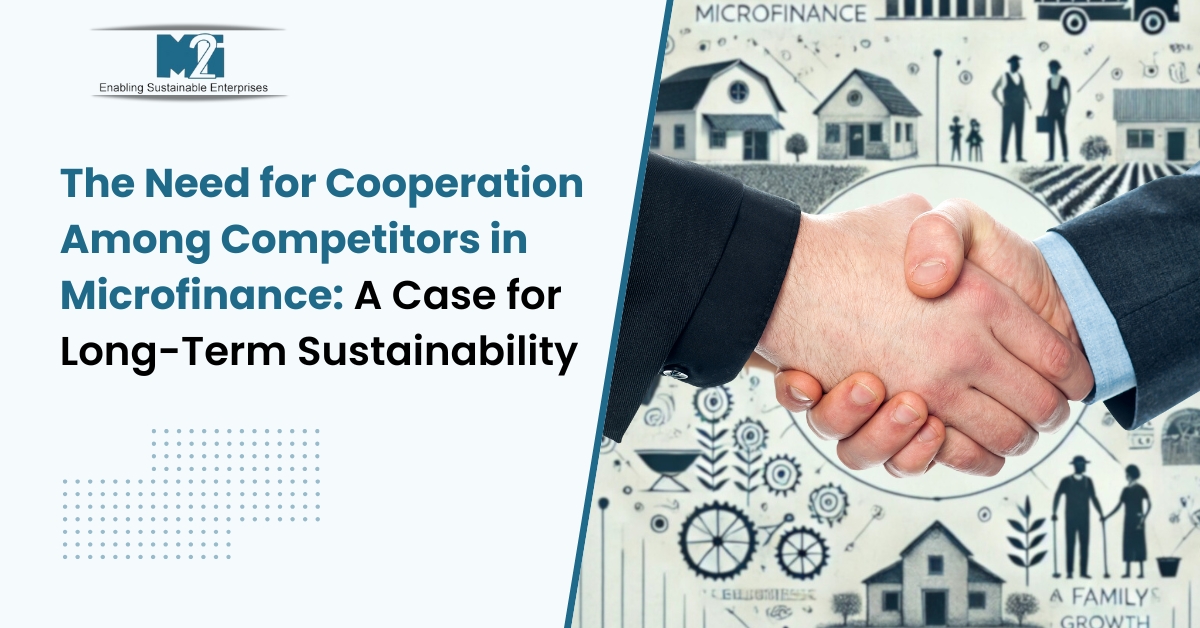
The Need for Cooperation Among Competitors in Microfinance: A Case for Long-Term Sustainability
In the competitive microfinance sector, where the demand for financial services far outweighs traditional access, institutions play a critical role in offering underserved populations the chance for f...
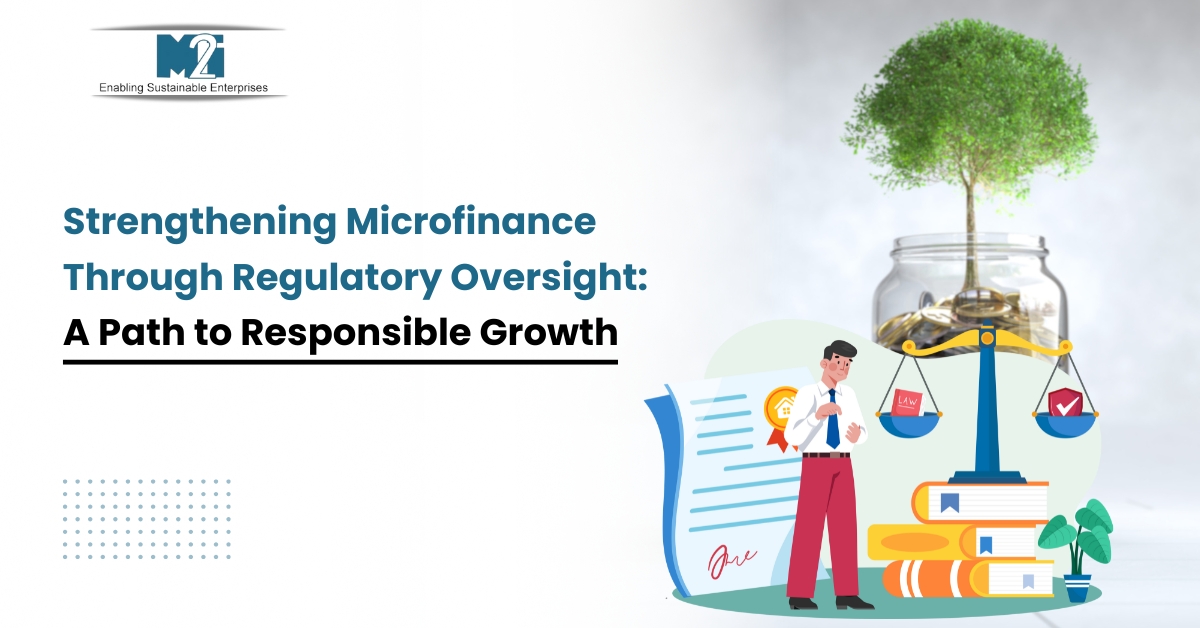
Strengthening Microfinance Through Regulatory Oversight: A Path to Responsible Growth
The microfinance sector plays a vital role in advancing financial inclusion by providing small loans to underserved populations. However, rapid expansion and increasingly high-interest lending practic...
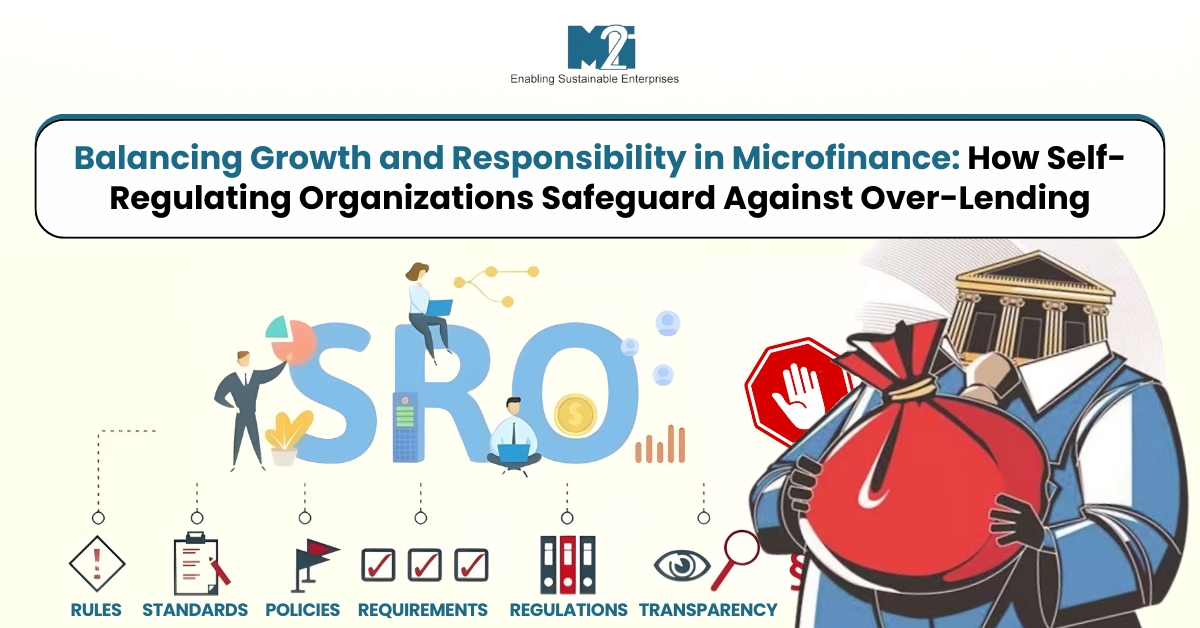
Balancing Growth and Responsibility in Microfinance: How Self-Regulating Organizations Safeguard Against Over-Lending
In recent years, microfinance has been central to India’s mission of financial inclusion, reaching millions who lack access to traditional banking services. While this sector has made remarkable str...
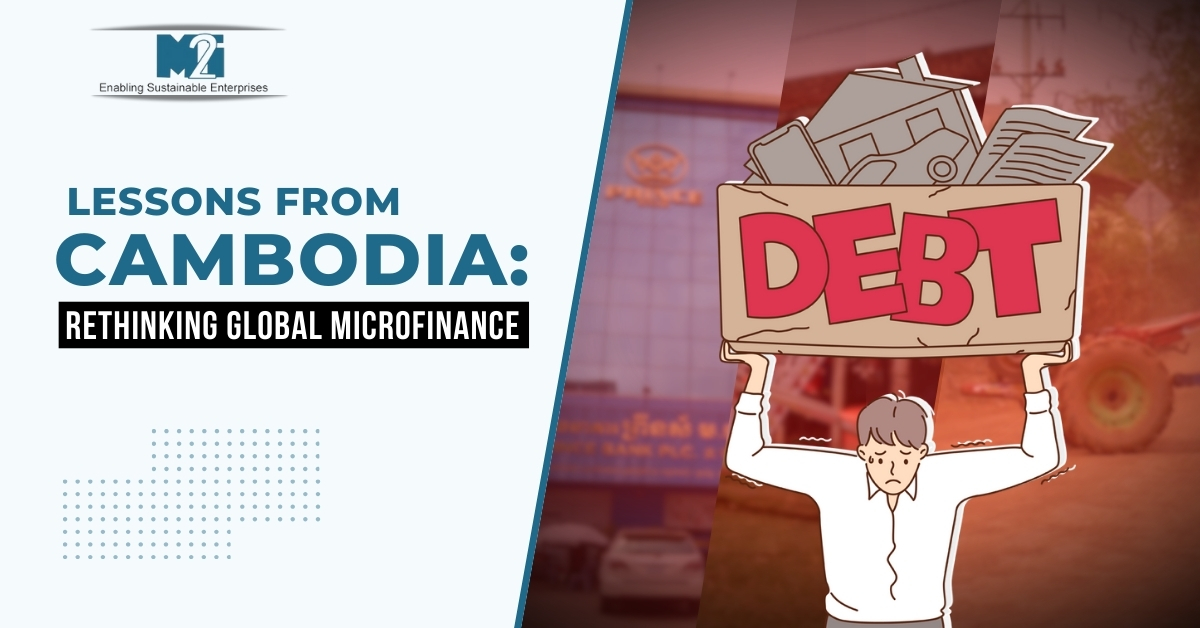
Lessons from Cambodia: Rethinking Global Microfinance
Cambodia's microfinance sector, once lauded as a transformative force for economic empowerment, is now a cautionary tale of how good intentions can lead to dire consequences without proper oversig...
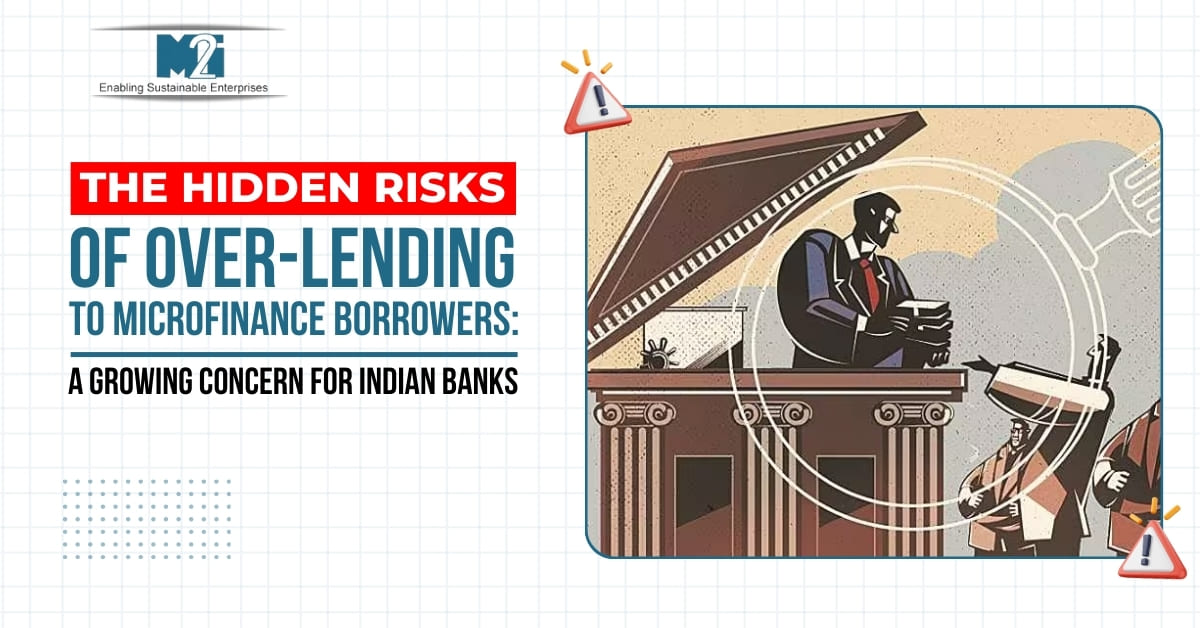
The Hidden Risks of Over-Lending to Microfinance Borrowers: A Growing Concern for Indian Banks
The Indian microfinance sector has long been lauded for its role in financial inclusion, offering small loans to individuals who lack access to traditional banking. However, as demand for microloans g...
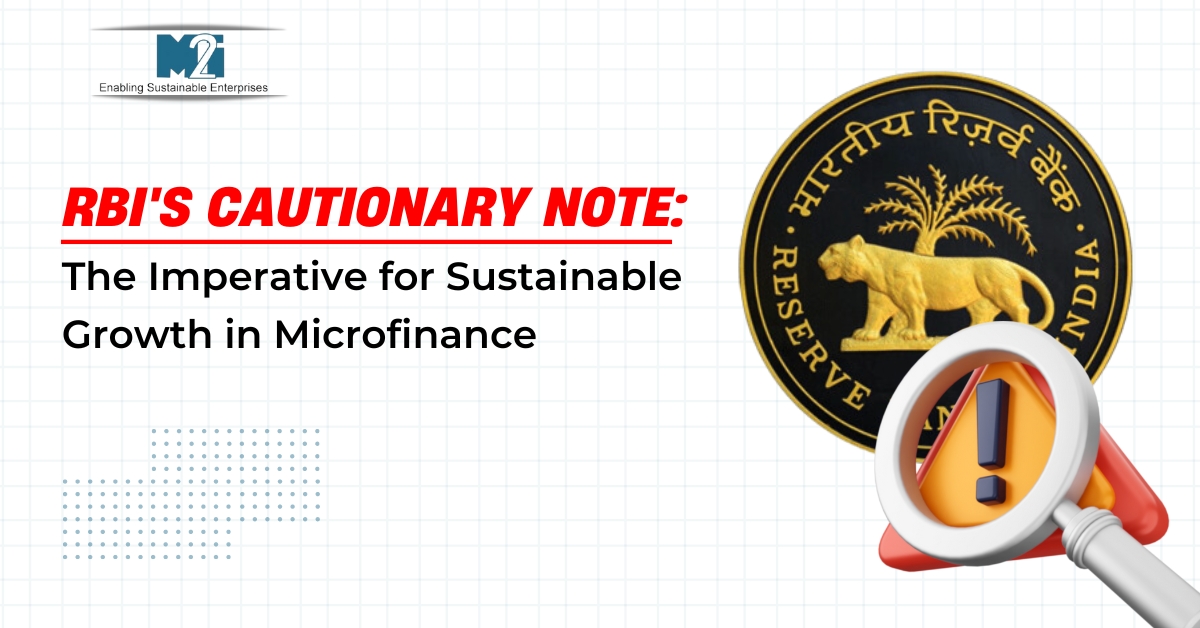
RBI's Cautionary Note: The Imperative for Sustainable Growth in Microfinance
In July 2024, the Reserve Bank of India (RBI) issued a cautionary note advising microfinance lenders to slow down on loan disbursements in Bihar and Uttar Pradesh. This advisory comes in response to s...
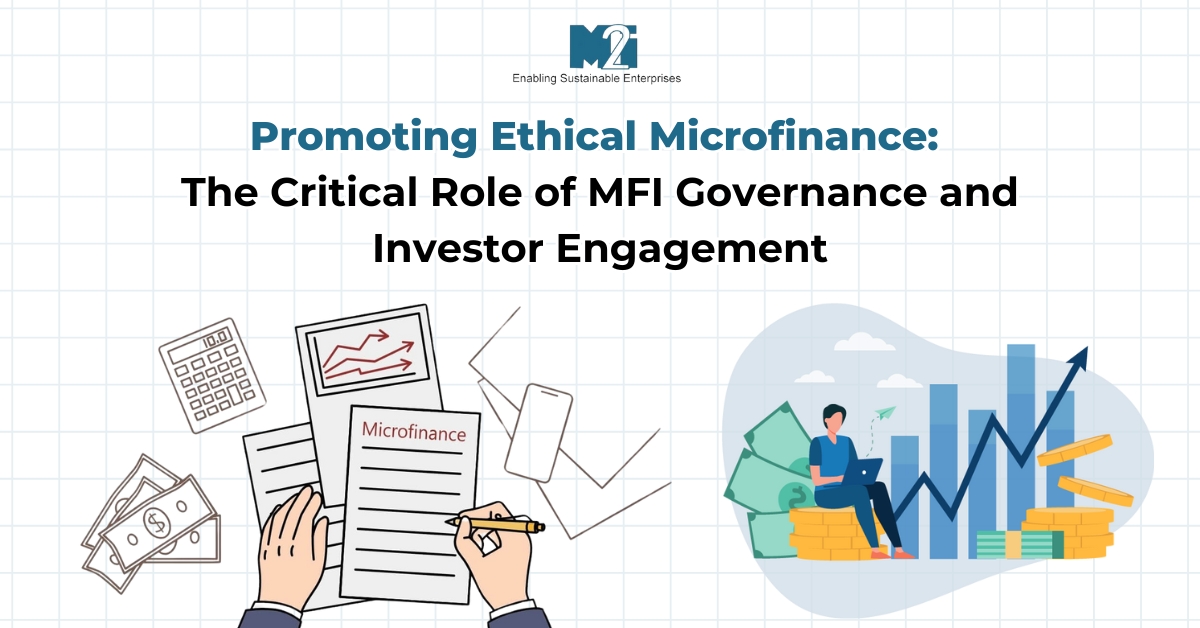
Promoting Ethical Microfinance: The Critical Role of MFI Governance and Investor Engagement
Microfinance Institutions (MFIs) have long been heralded as powerful tools for economic empowerment, offering financial services to those traditionally excluded from the banking sector. However, recen...
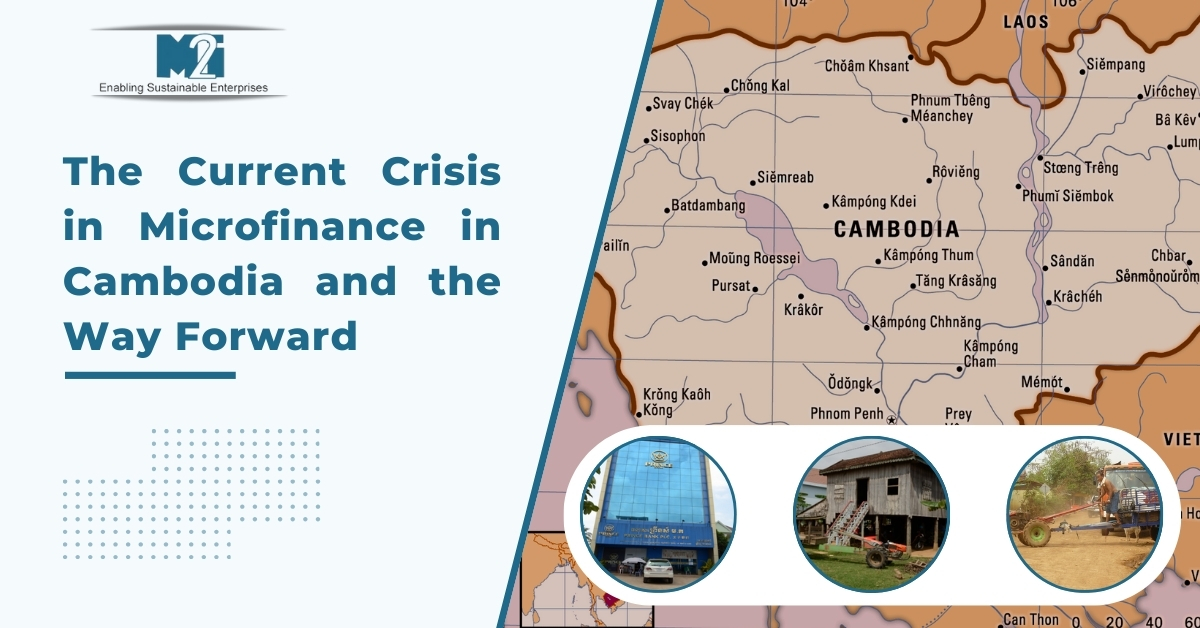
The Current Crisis in Microfinance in Cambodia and the Way Forward
Cambodia's microfinance sector, once hailed as a beacon of hope for economic empowerment and poverty alleviation, is now facing a severe crisis. The sector, which drew significant investments from...
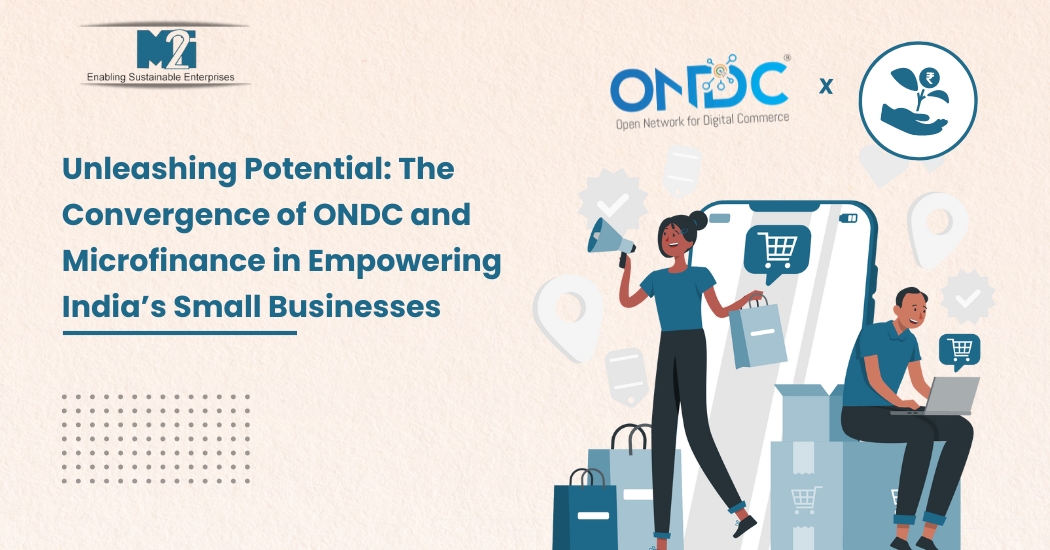
Unleashing Potential: The Convergence of ONDC and Microfinance in Empowering India’s Small Businesses
In the landscape of Indian commerce and finance, two powerful movements are making significant strides towards economic inclusivity: the Open Network for Digital Commerce (ONDC) and microfinance. Whil...
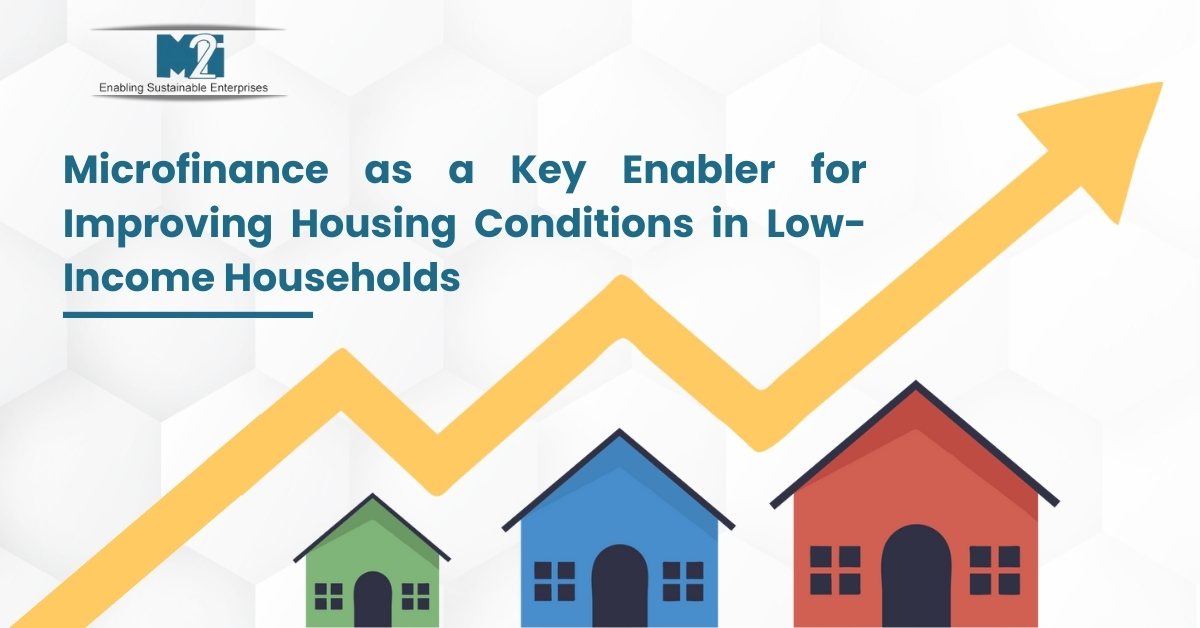
Microfinance as a Key Enabler for Improving Housing Conditions in Low-Income Households
Microfinance has long been recognized as a crucial tool in economic empowerment, but its impact extends beyond just entrepreneurial ventures. For many low-income households, access to microfinance is ...
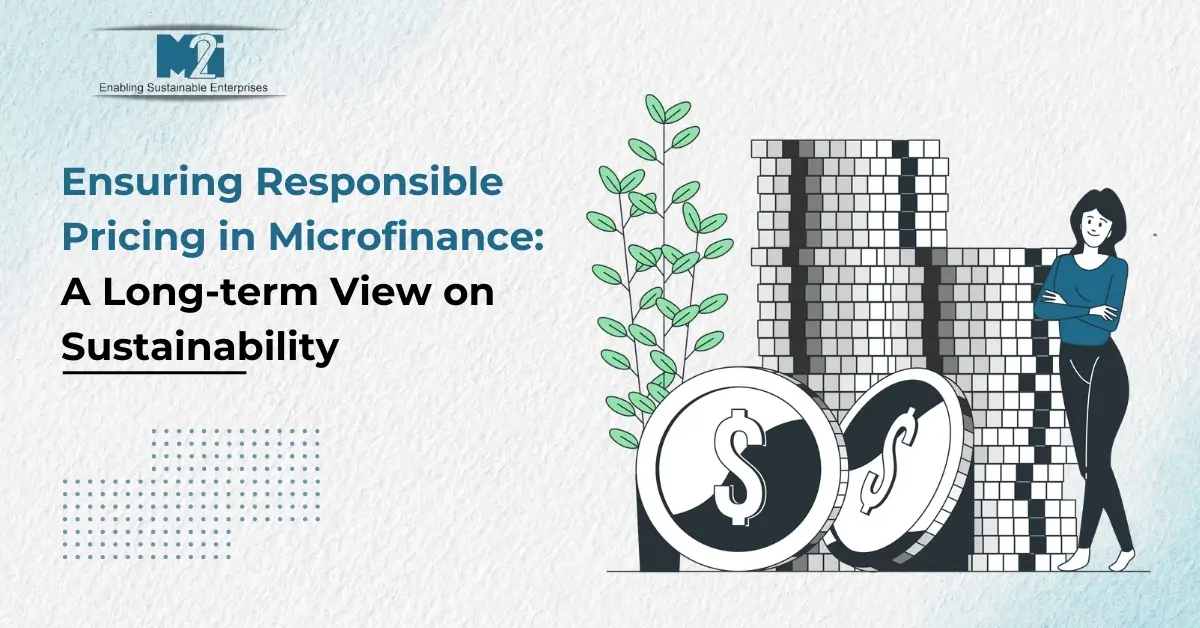
Ensuring Responsible Pricing in Microfinance: A Long-term View on Sustainability
In recent news from June 2024, the Reserve Bank of India (RBI) highlighted a critical issue in the Indian microfinance sector: instances of micro lenders and non-bank financiers charging excessively h...
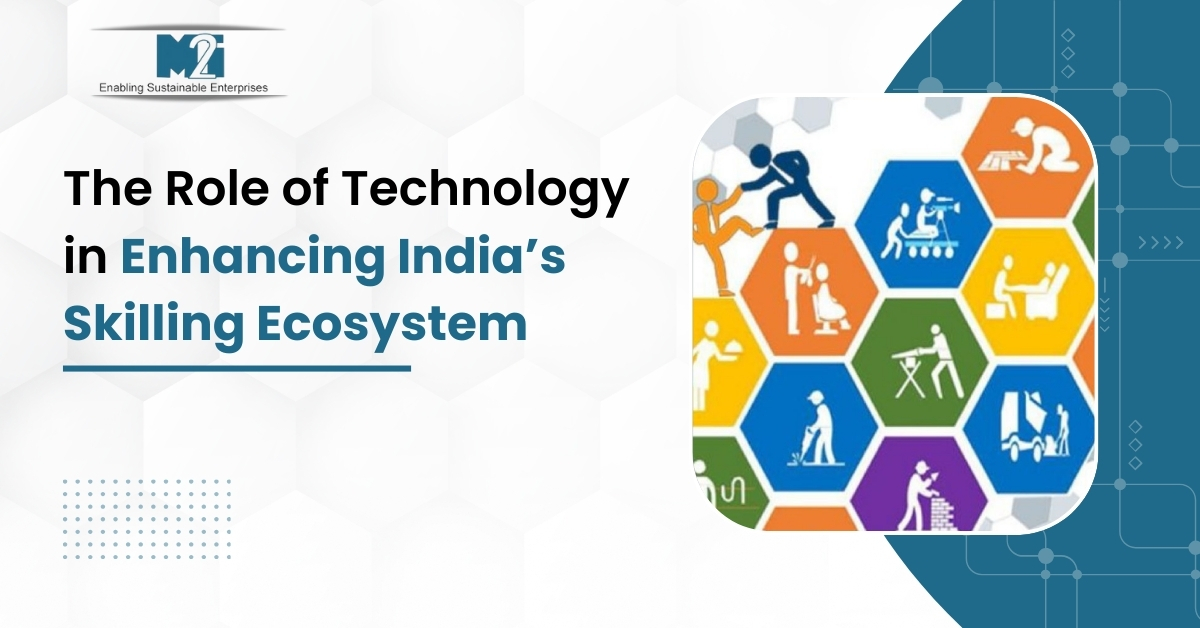
The Role of Microfinance in Enhancing India's Skilling Ecosystem
As India continues to advance towards becoming a global knowledge economy, the expansion of its skilling initiatives is critical. However, a significant barrier to this goal is the economic capability...
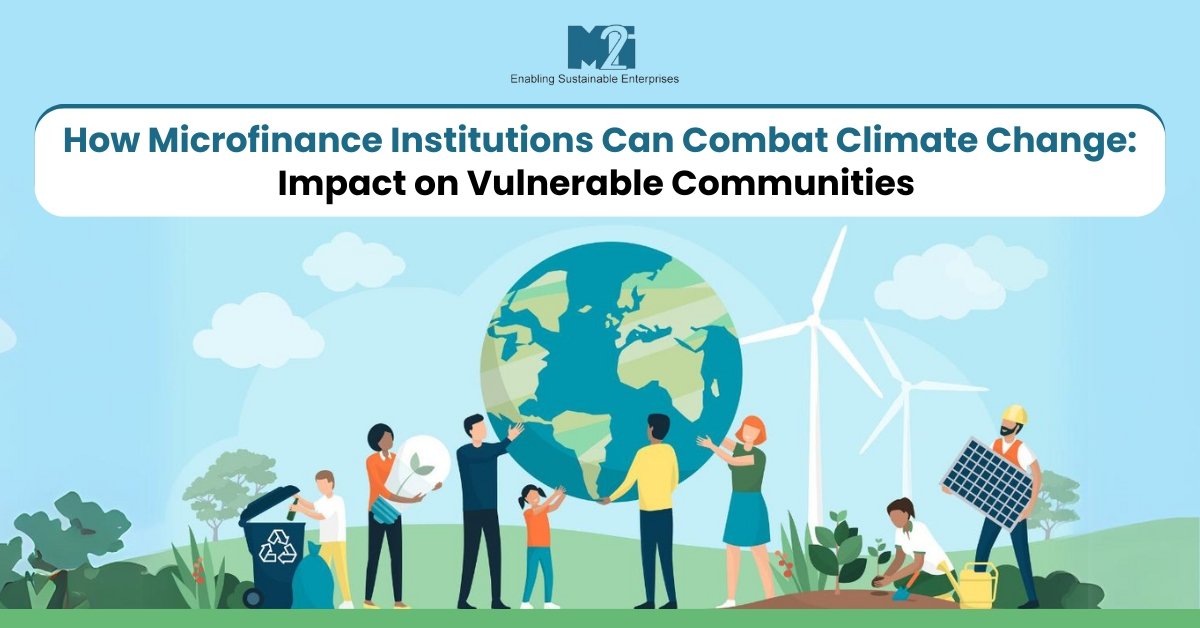
How Microfinance Institutions Can Combat Climate Change Impact on Vulnerable Communities
Climate change poses a significant threat to low-income communities worldwide, affecting livelihoods, housing, and food security. Microfinance institutions (MFIs), which traditionally support these co...
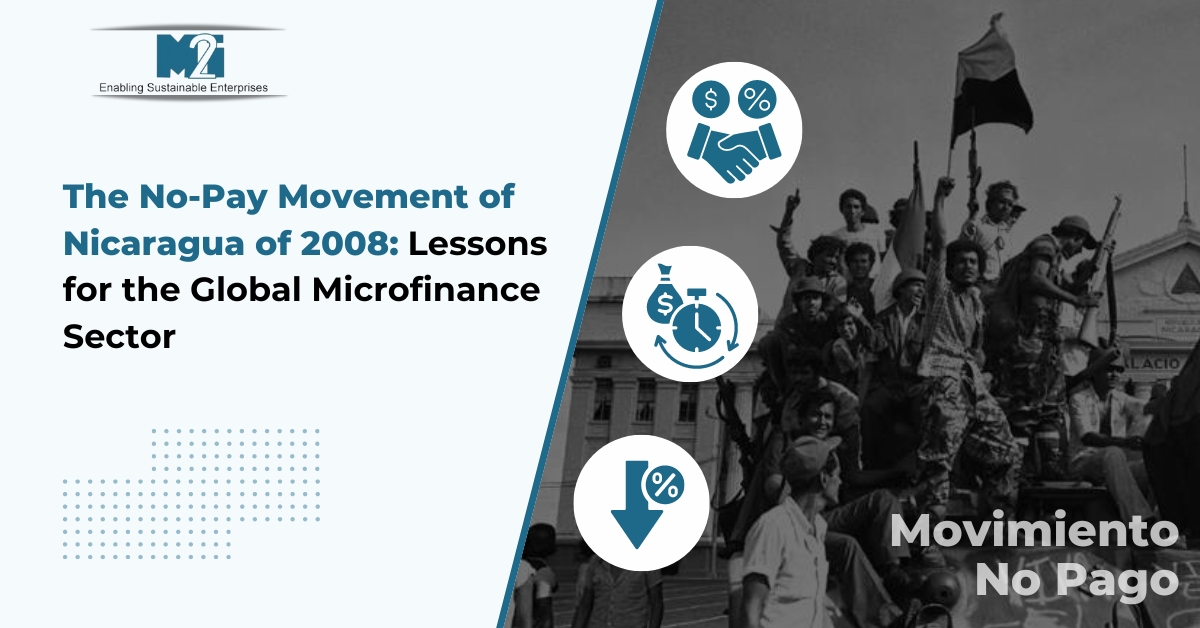
The No-Pay Movement of Nicaragua of 2008: Lessons for the Global Microfinance Sector
The No-Pay Movement that swept through Nicaragua in 2008 and the ensuing years offers critical lessons for the microfinance sector worldwide. This grassroots movement, led by a politically motivated g...
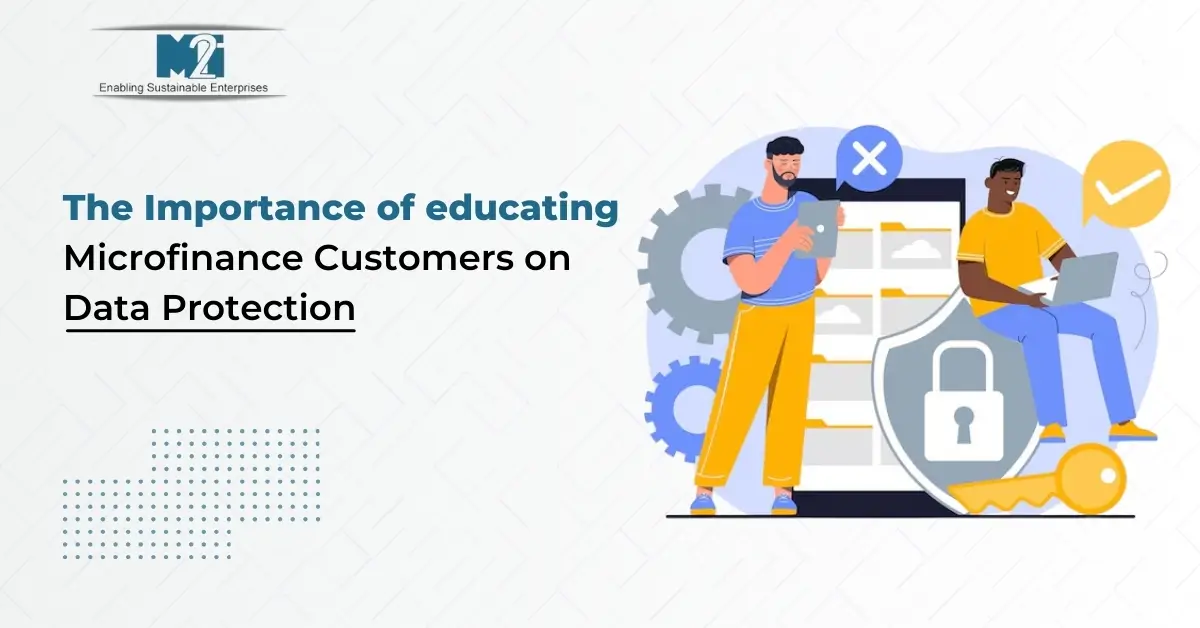
The Importance of educating Microfinance Customers on Data Protection
As microfinance institutions (MFIs) gear up to align with the Digital Personal Data Protection Act, the emphasis on customer education has never been more pressing. The Act isn't just a regulatory...
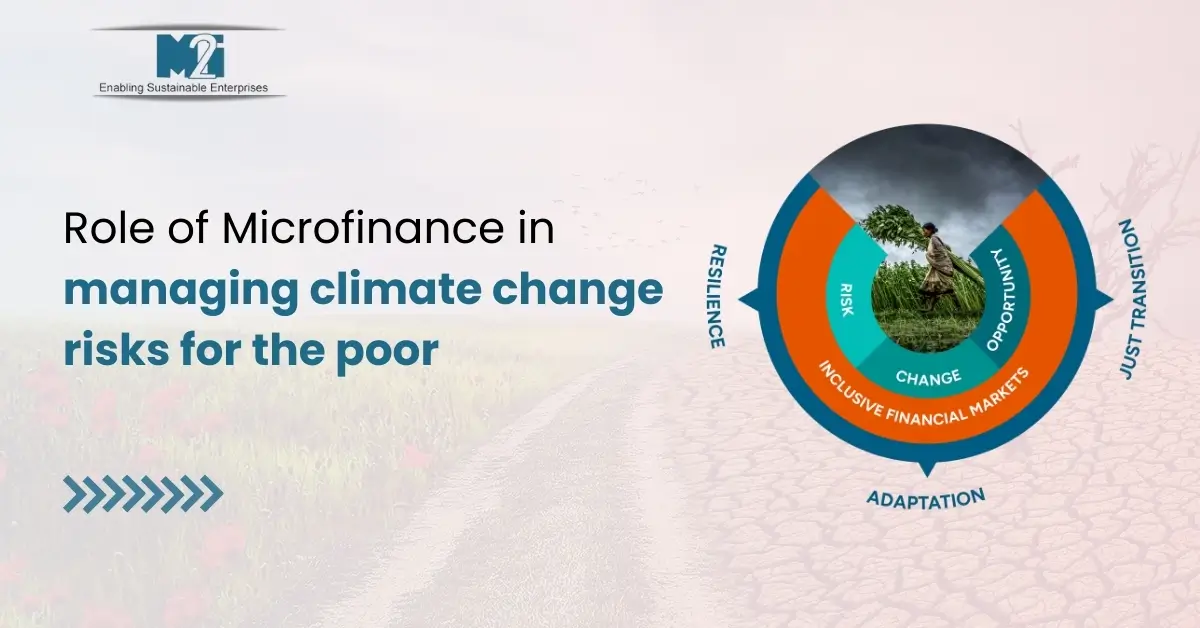
Role of Microfinance in managing climate change risks for the poor
In the face of climate change, microfinance emerges as a powerful tool to mitigate its impacts on the livelihoods of the poor. By providing financial services to those traditionally excluded from form...
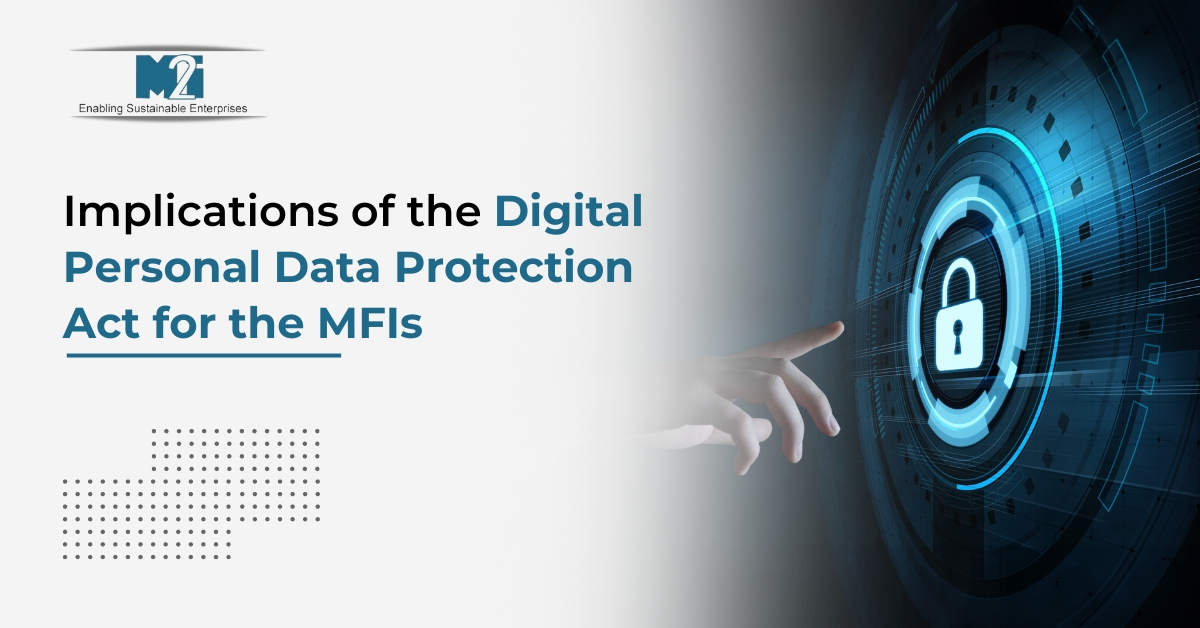
Implications of the Digital Personal Data Protection Act for the MFIs
The enactment of India's Digital Personal Data Protection Act has significant implications for microfinance institutions (MFIs) that handle a plethora of client data. Compliance is not just a lega...
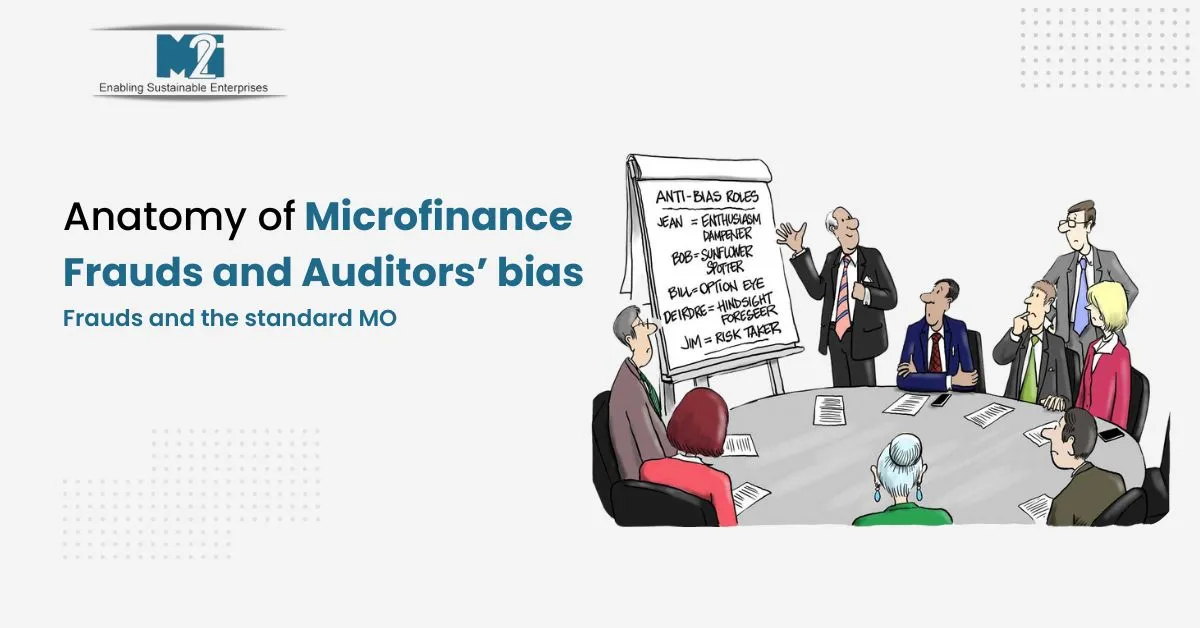
Anatomy of Microfinance Frauds and Auditors’ bias - Frauds and the standard MO
Frauds are an area of concern for the MFIs and also for the microfinance industry. Depending on the scale of the fraud, it impacts various stakeholders. Most frauds are perpetrated either by an indivi...